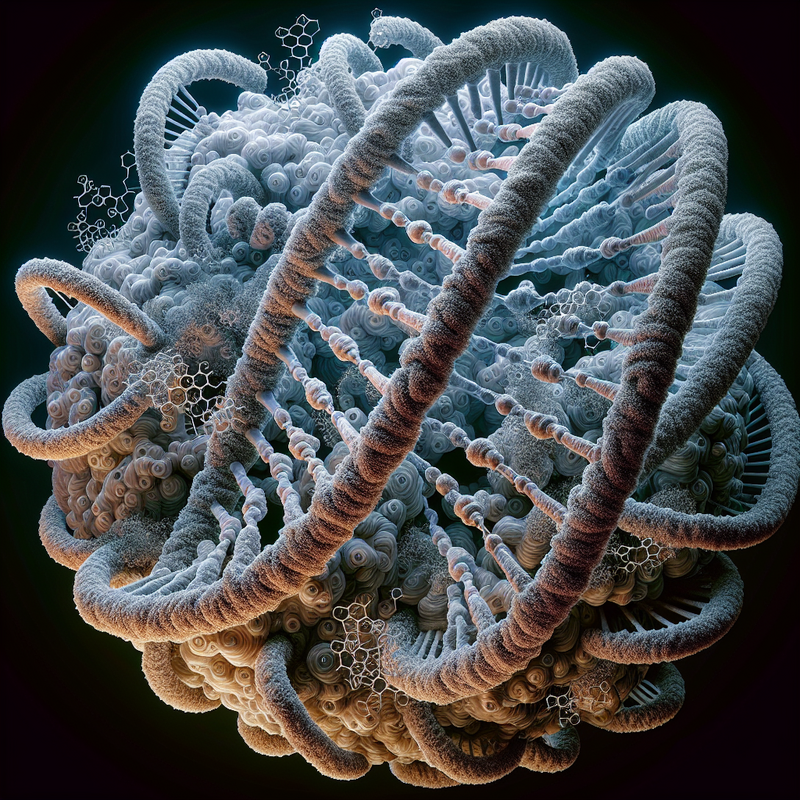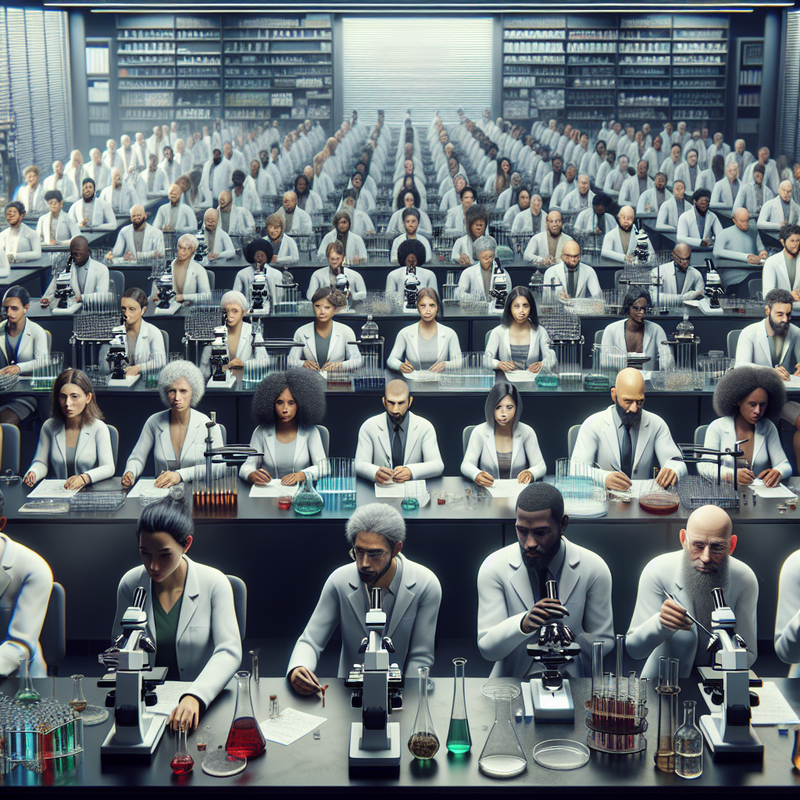In an unprecedented milestone for the field of synthetic biology
Researchers from Macquarie University in Australia have accomplished the complete synthesis of the entire genome of yeast, carefully assembling all 16 chromosomes. This accomplishment represents the first instance of a full eukaryotic genome—more intricate than bacterial genomes—being artificially constructed.
The project, which unfolded over a decade
Could signal the beginning of the capability to create more complex life forms synthetically. This breakthrough has potential ramifications for agriculture, particularly in producing food in regions facing harsh climates and environmental challenges. With the pressing issues brought on by climate change threatening global food supplies, the advancements shown in synthetic biology might provide adaptable strategies for future food production.
Achieving this feat was not without substantial scientific hurdles
“We’ve reached a pivotal moment in the realm of synthetic biology,” proclaimed Sakkie Pretorius, a molecular microbiologist at Macquarie University. The team worked meticulously to resolve issues found in the last synthetic chromosome, named SynXVI, which had difficulties such as the consumption of glycerol at elevated temperatures, a key factor for the survival of yeast.
The team employed a suite of sophisticated gene-editing techniques
Utilizing CRISPR technology to amend any chromosome inconsistencies. The accurate placement of genetic markers proved to be challenging, as misspacing had adverse effects on gene functionality. “A major insight from our research was recognizing that improper locations of genetic markers could inhibit the functioning of vital genes,” synthetic biologist Hugh Goold added.
Although the researchers have not yet succeeded in creating a live synthetic yeast organism
Their efforts have laid the groundwork for the potential complete rewriting of yeast cell genomes. It must be noted that substantial further development and upscaling will be necessary before this aspect of the research reaches maturation.
The overarching Sc2.0 initiative, a component of this research endeavor
Has goals stretching beyond crop modification and into fields like medicine and the production of eco-friendly materials. “The creation of the synthetic yeast genome is a monumental leap in our capacity to reshape biological systems,” asserted synthetic biologist Briardo Llorente. Llorente anticipates this discovery will lead to more streamlined and eco-conscious biomanufacturing methods.
The results of this study, along with a comprehensive procedural account of the synthetic genome development
Have been chronicled in the journal Nature Communications. The collective findings suggest a future in which genetic engineering could instigate groundbreaking transformations across numerous sectors, propelled by advancements in both technology and methodology.




